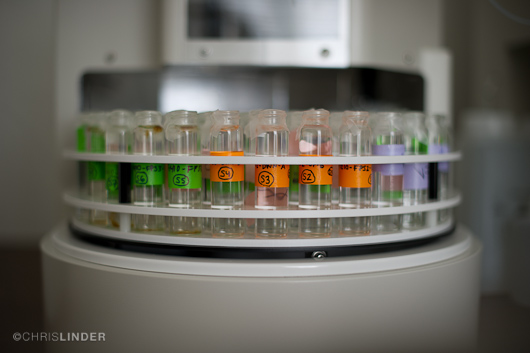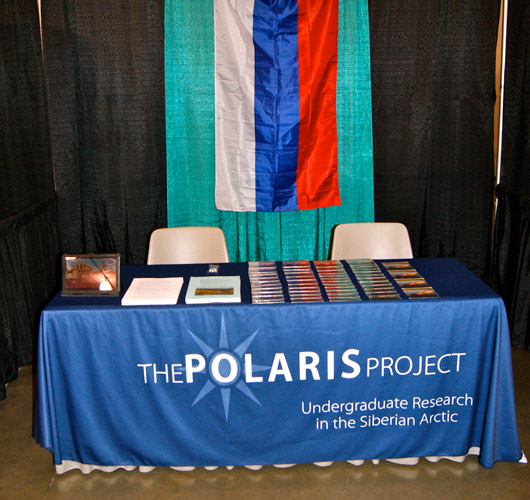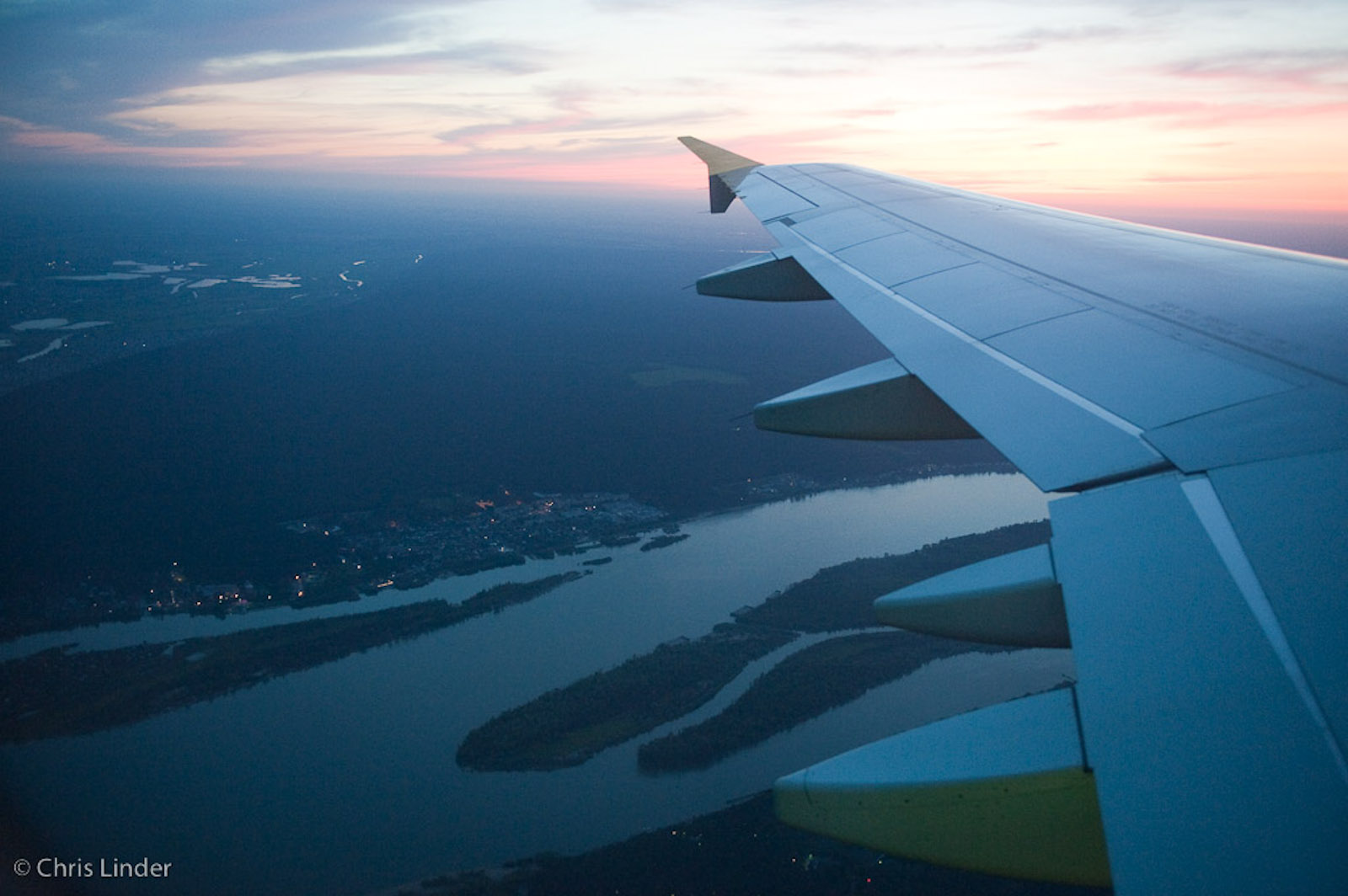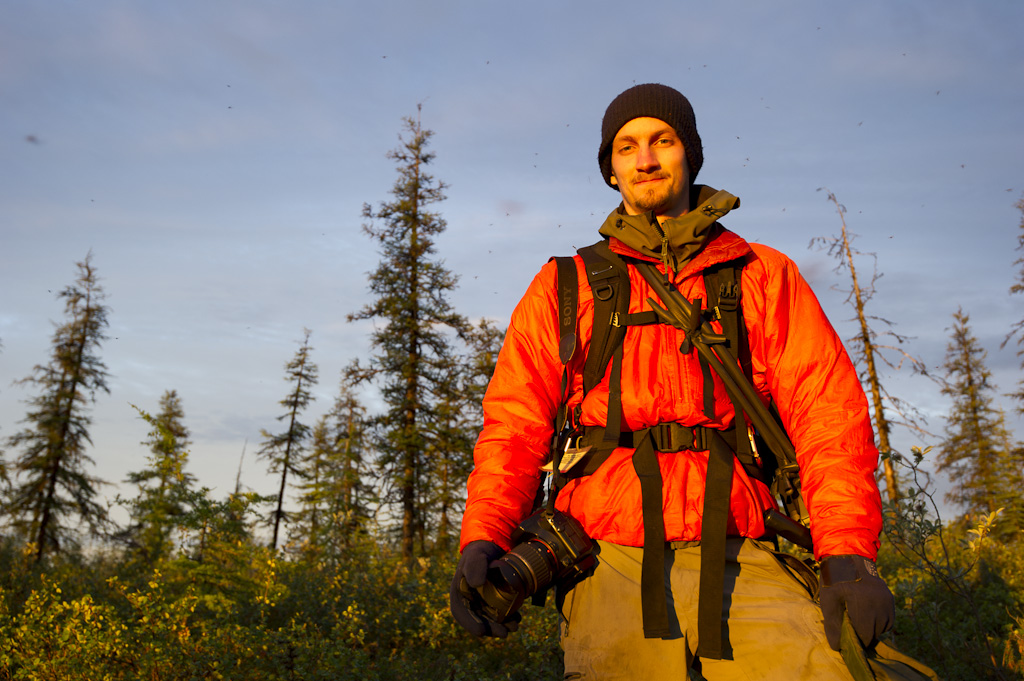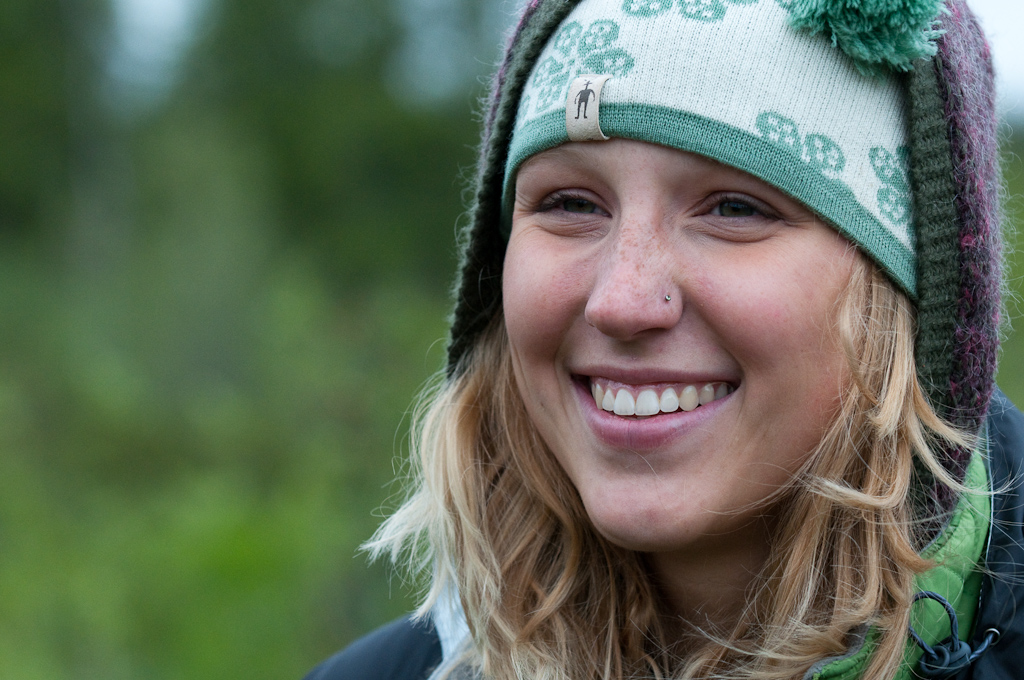-
Equipment at the Northeast Science Station
Though the Northeast Science Station was founded over 2 decades ago, in recent years the laboratory facilities at the Station have been greatly upgraded.
Continue reading -
Polaris Project at SACNAS
The Polaris Project had an information and recruitment booth at the recent SACNAS conference in San Jose, California. We are eager to see the applications for Polaris 2012 that are generated from this exposure.
Continue reading -
Claire Griffin Publishes Her Polaris Project Research
In January 2008, Claire Griffin (a sophomore at Clark University) applied for the inaugural Polaris Project expedition. She was accepted. Unfortunately, one month before leaving, Claire fell off a horse and broke her arm, ending her chance to be part of the 2008 field course. …
Continue reading -
22 Converging Dots
In less than 2 days 19 of us will converge on Dulles Airport in DC, and then fly together to Moscow where will link up with the other three participants (two from Russia and one from Switzerland).
Continue reading -
Max Wilbert Wins Journalism Award
Max Wilbert, a recent graduate from Western Washington University and a participant in the 2010 Polaris Project field course, has just won a national competition for his article "Siberian Summer" about his Polaris Project experience.
Continue reading -
Erin Seybold Awarded Fulbright
Erin Seybold, a senior at St. Olaf College and a participant in the 2009 and 2010 Polaris Project field courses, has been awarded a Fulbright Fellowship to study in Tromso, Norway over the coming year.
Continue reading -
Heather Alexander Awarded NSF Postdoctoral Fellowship
Heather Alexander, one of the five 2010 Polaris Project "Affiliates" (see Team page), has been awarded a prestigious NSF Postdoctoral Fellowship to continue her work on the boreal forest in the Kolyma River watershed.
Continue reading -
Polaris 2011 Students Selected
Fourteen undergraduate students have been selected to participate in the summer 2011 Polaris Project field course / research experience in the Siberian Arctic. Though we had to decline many outstanding applicants, we are thrilled that all of the students we extended offers to have accepted our invitations. …
Continue reading -
Apply Now for Summer 2011
Undergraduate students interested in participating in the Polaris Project Siberian field course should complete their application by February 20, 2011. To be eligible to apply, you must be an undergraduate student, currently in your junior or sophomore year (in exceptional cases a senior may be accepted). …
Continue reading -
Polaris Project on NPR
Max Holmes was recently interviewed about the Polaris Project for the 30-minute NPR radio show “The Point”. The interview was broadcast on Tuesday, September 14, on WCAI. It has now been archived online and can be heard by clicking here.…
Continue reading -
17 AGU Abstracts
Each December in San Francisco, the American Geophysical Union (AGU) holds the world’s largest scientific conference that focuses on Earth sciences. This year, Polaris Project participants submitted 17 abstracts for presentations at AGU based on their research as part of the Polaris Project. …
Continue reading -
An Upside to Global Warming?
Well, maybe not, but it was remarkable nevertheless to see many of the Polaris Project students swimming in the Arctic Ocean a few days ago. For most of the year this part of the ocean is covered in sea ice. The image below, courtesy of the National Snow and Ice Data Center in Boulder, Colorado, shows the Arctic Ocean’s sea ice extent as of July 15, 2010. …
Continue reading -
We’re Back!
The Team made it back to Cherskiy late last night after a magnificent 36 hour trip to the Arctic Ocean and tundra. Weather extended the trip beyond our planned ~16 hours, which only added to the spectacular nature of the expedition. …
Continue reading -
Heading to the Tundra and Arctic Ocean
Tomorrow morning we pile into three small boats and head north to the tundra and hopefully the coastal Arctic Ocean. The trip north has been one of the highlights of each of the first two years of the Polaris Project. We expect that the same will be true this year. …
Continue reading -
Sharing Data…
The three overarching objectives of the Polaris Project are to 1) train the next generation of arctic researchers, 2) advance scientific understanding of the Arctic, and 3) expand public awareness of the feedbacks between the Arctic and the global climate system. …
Continue reading

